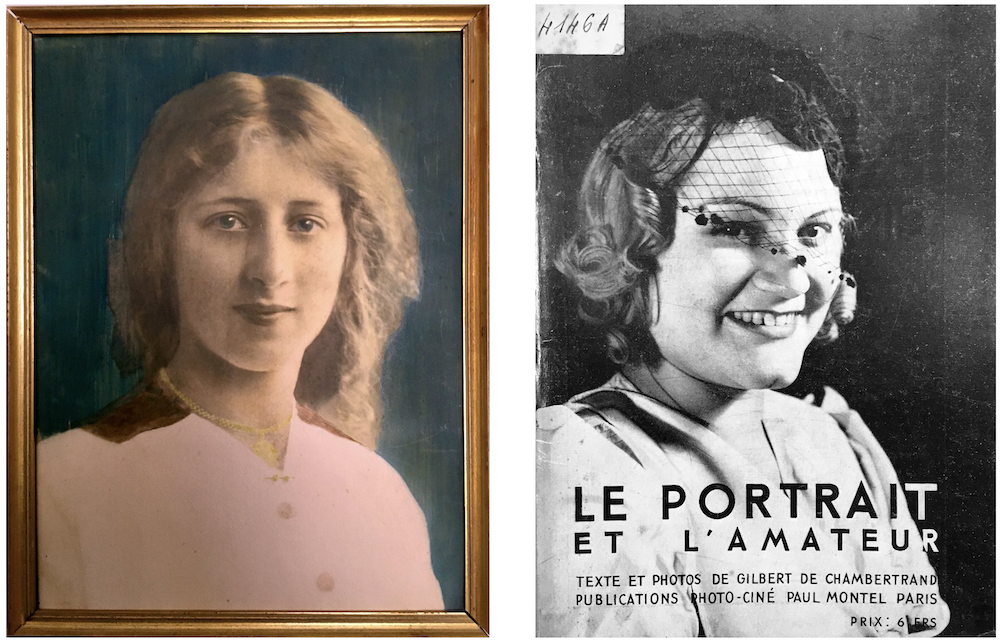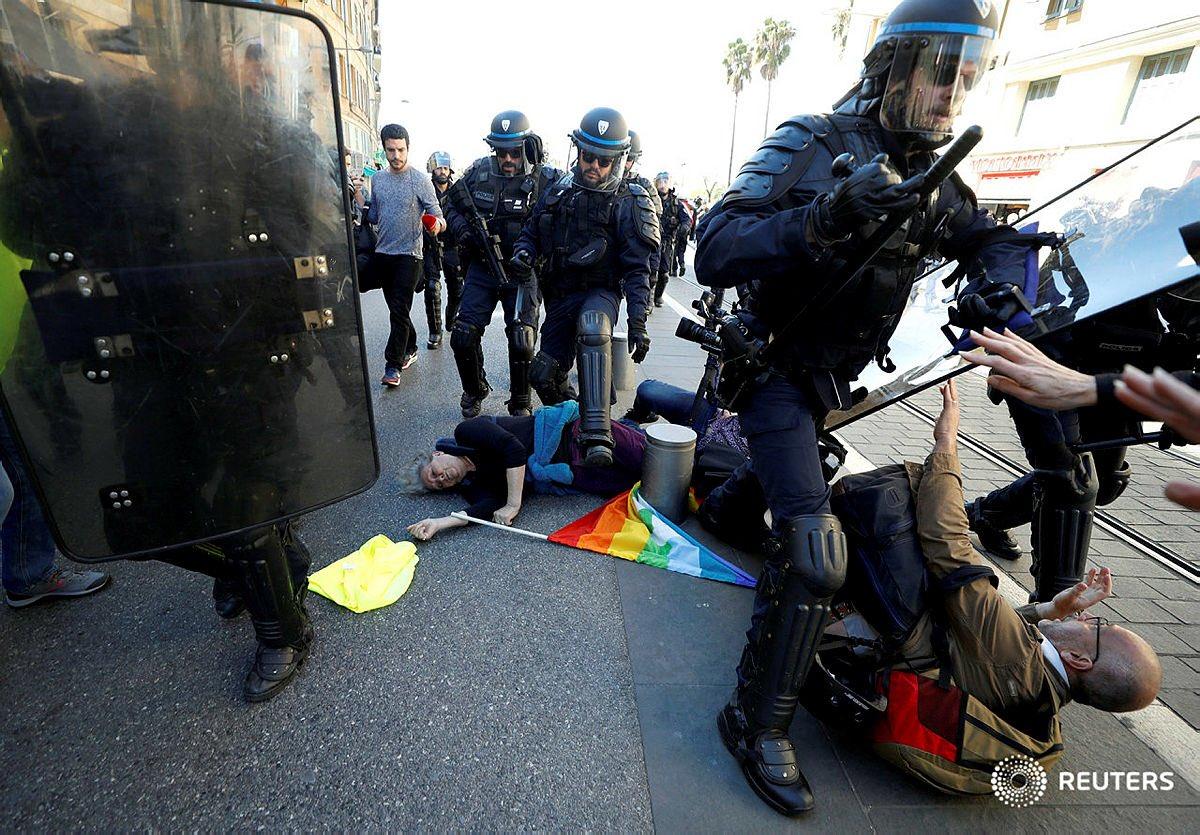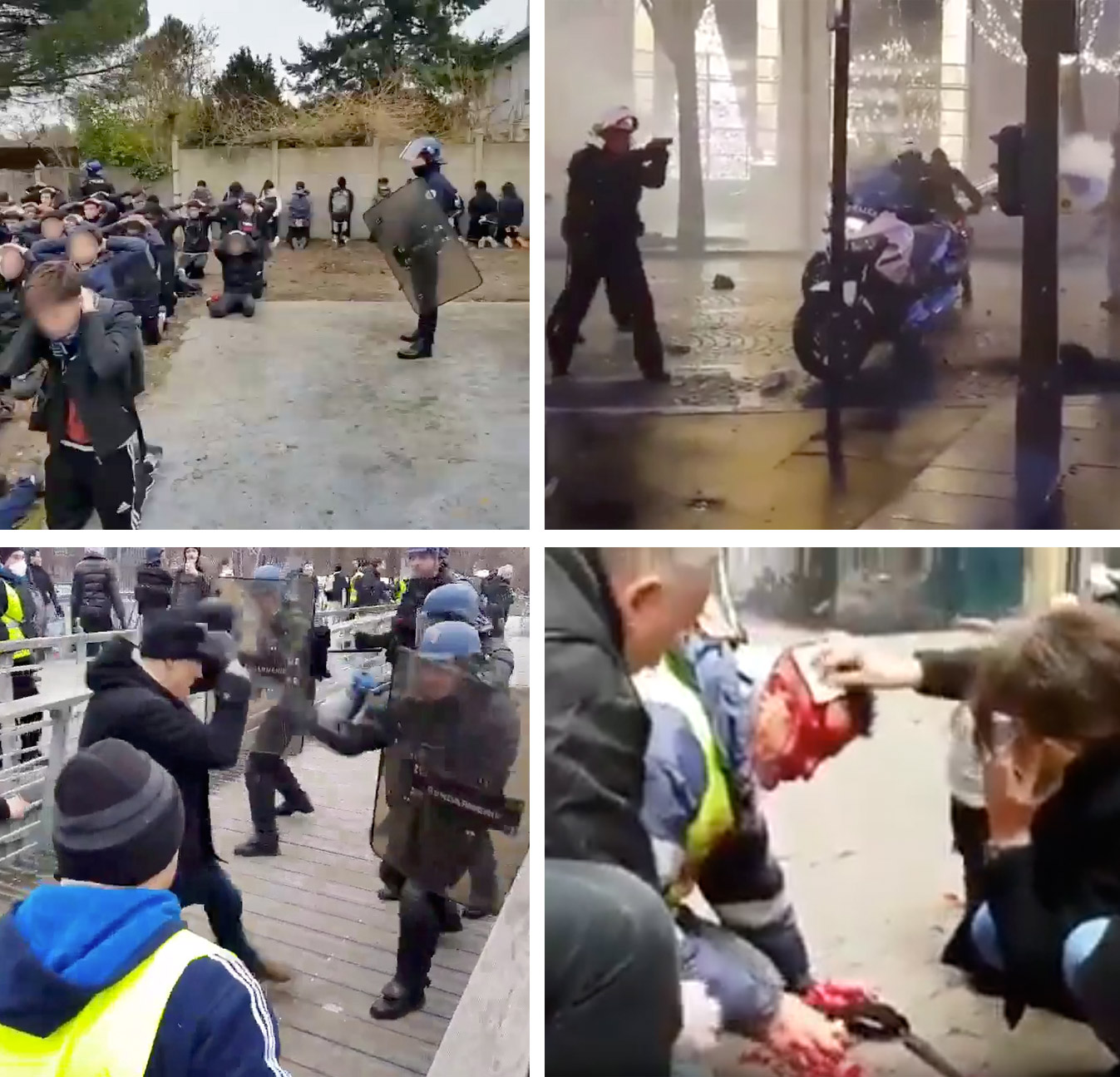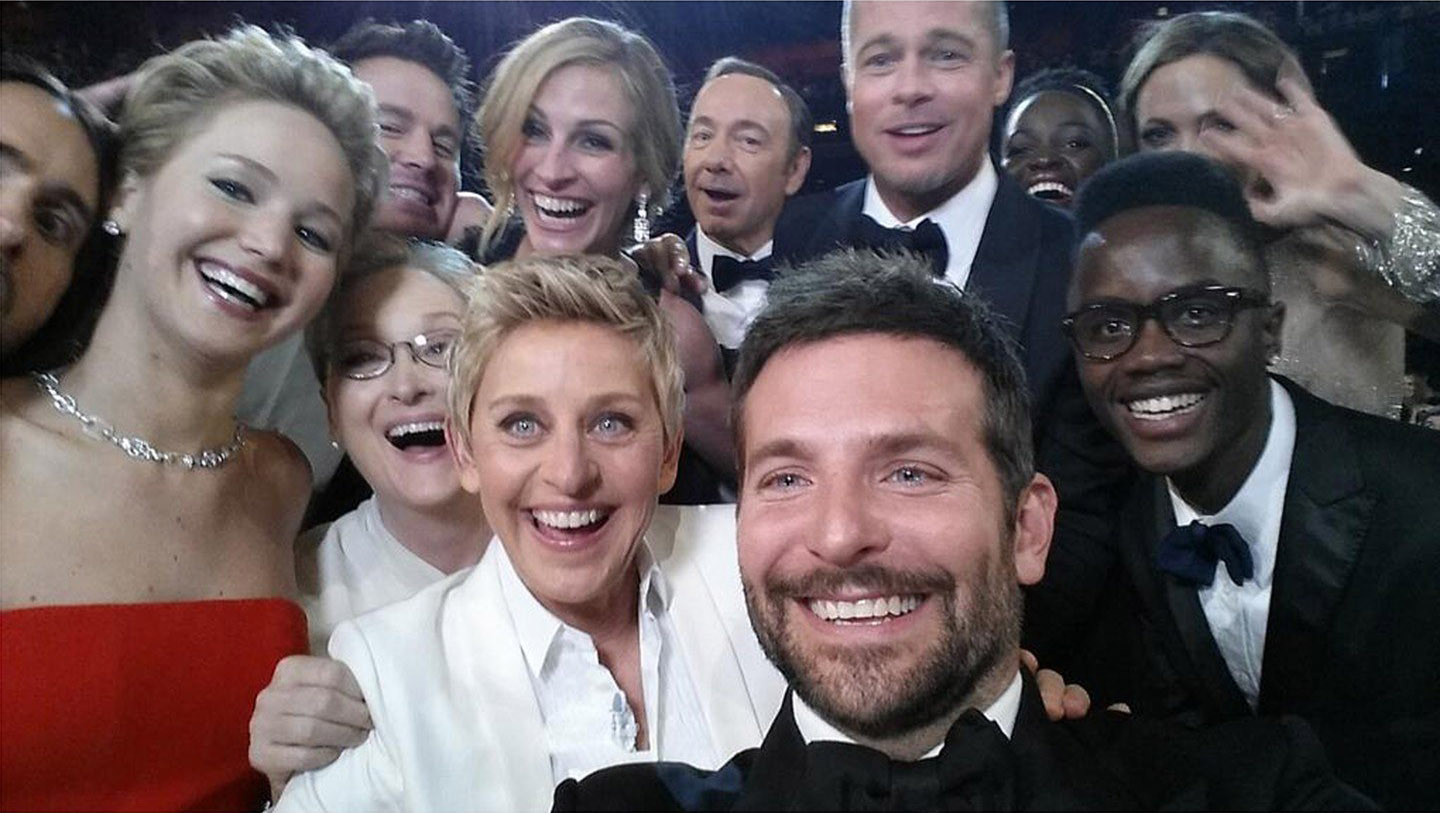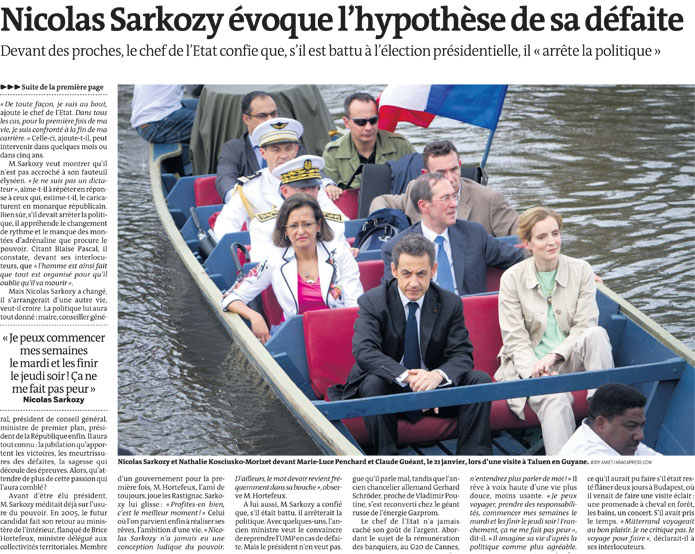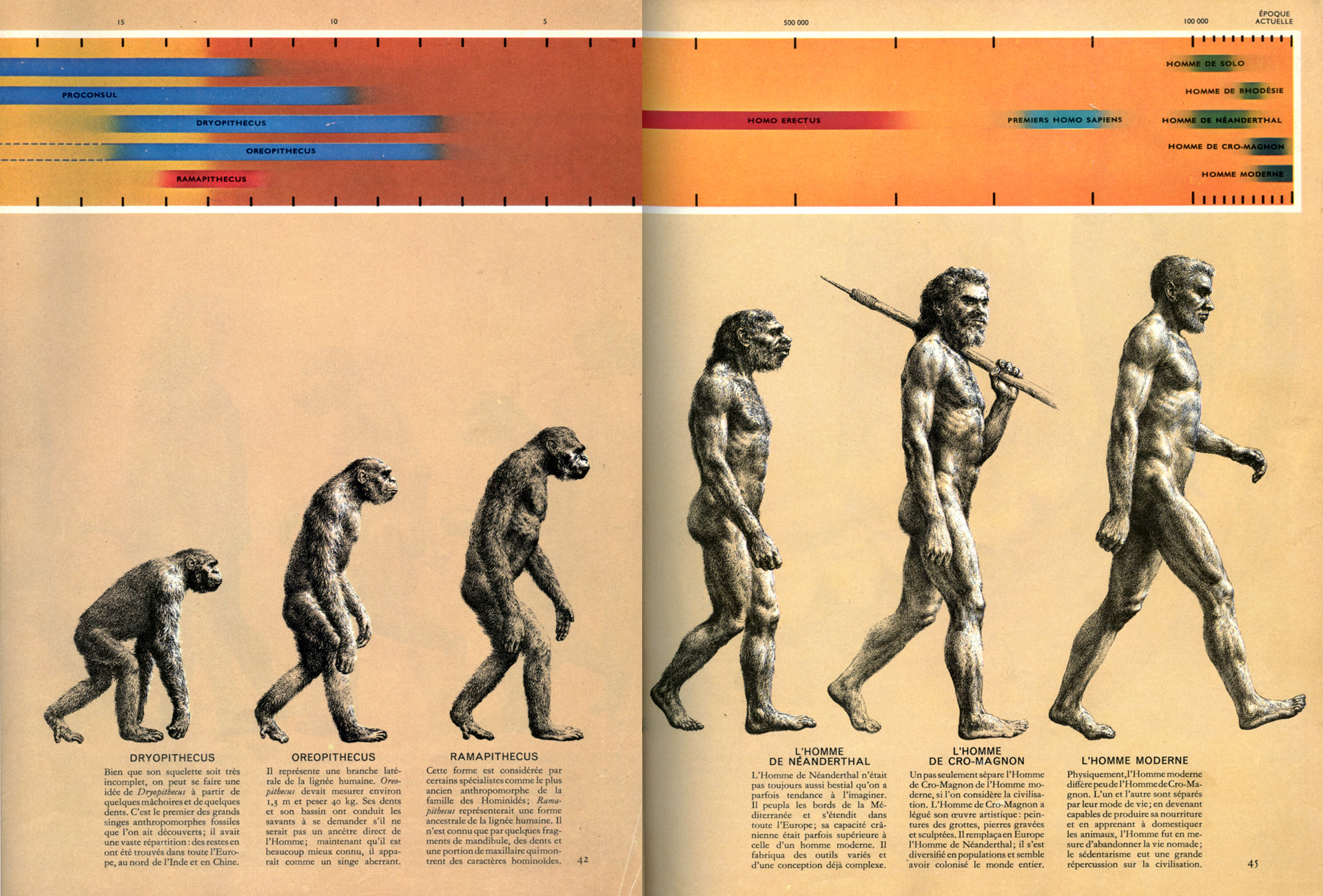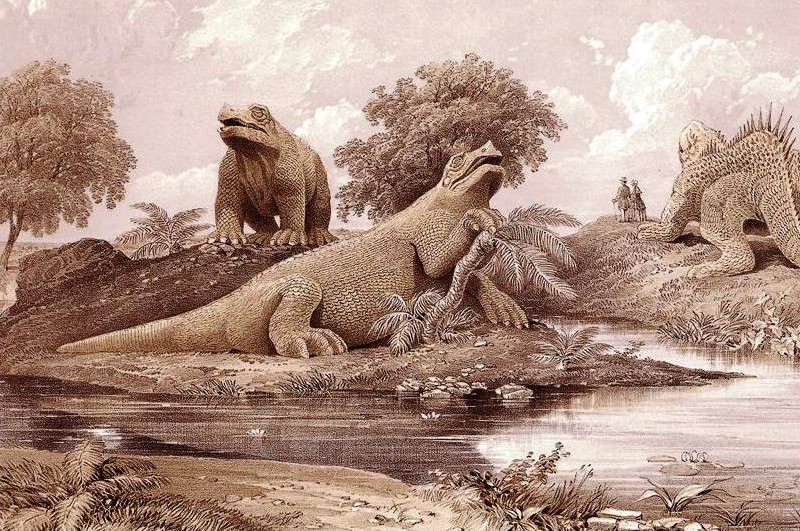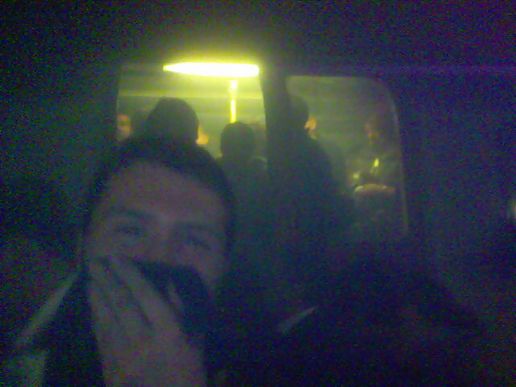The class smile : Portrait photography and the culture of expressivity
Abstract. Although frequently debated, the phenomenon linked to the development of the smile in twentieth-century portrait photography has always defied explanation. The present article draws on the conventional aspect of the portrait to describe this evolution through the prism of an historical adaptation to a social norm: the shift from a culture of restraint to a culture of expressivity spanning the 1930s […]
